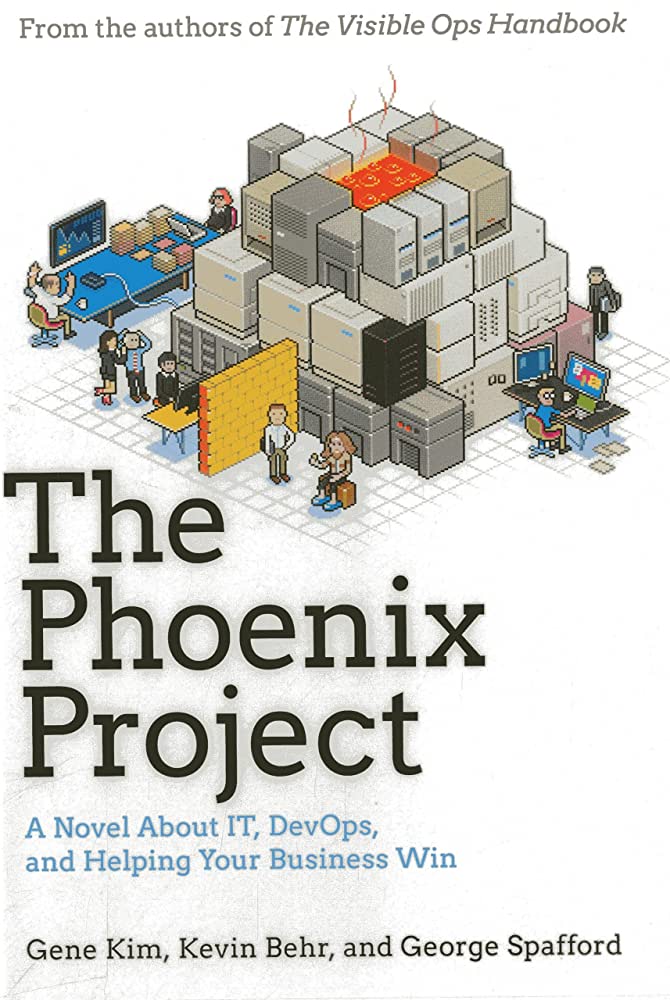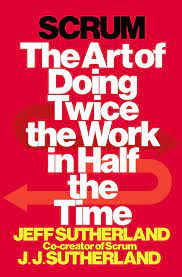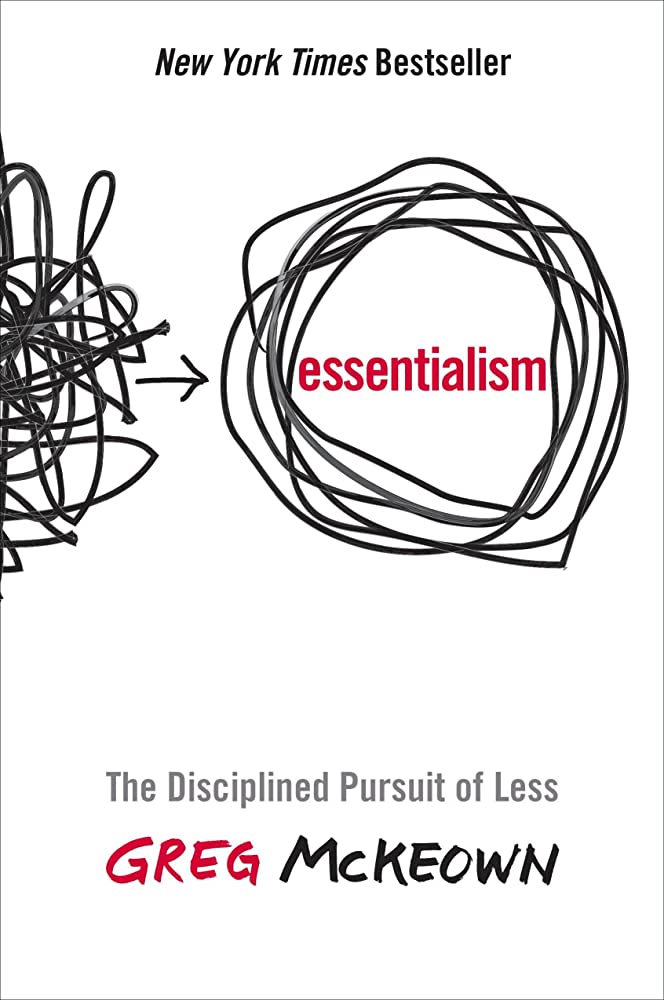Communicating a Team Philosophy Using Books



Forming a team philosophy around a book or series of books is an incredibly powerful tool for any leader. As a junior officer, I was annoyed when senior officers assigned us books to read. I appreciated the effort, but it didn’t feel well thought out. For example, when I was assigned “good to great”, my main takeaway was hiring the right people is the most impactful thing leaders can do – not motivating for a military officer who has no choice in who is hired by the Marine Corps. However, as I’ve progressed in my career, I’ve developed a newfound appreciation using various authors to amplify concepts needed for success. If you want to empower your team to deliver exceptional results, these are the three books you build your team philosophy on.
Phoenix Project by Gene Kim – The narrative form is enjoyable, and if you have worked in Information Technology, it will be a page-turner. At some point while you are reading, you might even get paranoid that Gene was following you around at work and changed some names to protect the not-so-innocent. This covers so many relevant technology concepts: agile, DEVOPS, kanban, theory of constraints, value stream mapping, automation, etc. I’ve even implemented an “Andon Cord” (any worker can pull and stop production line) at work. New teammates are told that regardless of rank they are expected to “pull the cord” and challenge anything that doesn’t make sense.
SCRUM: the art of doing twice the work in half the time by Jeff Sutherland – On a relatively small team of highly technical workers, you need to lead differently. The company grade officers (Lieutenants through Captains) have a certain leadership style taught and reinforced throughout their training. A first duty assignment for these leaders will likely include managing 40-60 Marines. Leading these smaller teams (not just Marines, and cross-functional) requires a servant leader style. A servant leader will make sure requirements are clearly communicated to the team members, and the team members will create and execute the plan. The team will identify obstacles to success, and a servant leader ACTIVELY works to remove them. This will be a drastic change to traditional military leadership. A daily SCRUM will focus and synchronize your team, and the time bounding will allow them to return to their work.
Essentialism- the disciplined pursuit of less by Greg McKeown. This book has challenged me to re-think things I have done for years, even decades. Stringently maintaining the clarity of purpose to only do what is essential will force an incredibly difficult action for Marines – saying no. We pride ourselves on being the “most ready when the nation is least ready” and “able to do more with less” – but these mantras often lead to saying yes by default. Attempting to take on more than we have capacity to complete dilutes the excellence we expect of Marines. Exercise the power of no. Free up the space to achieve the level of excellence and success associated with the Marine Corps. Essentialism is directly the domain of the Field Grade officers, but we need everyone on our teams to practice the disciplined pursuit of less and keep us field grades honest.
Clearly communicating a team philosophy is incredibly difficult. Using these books will help ease that burden. Let Gene Kim explain advanced technology concepts and leadership, have Jeff Sutherland help you institute SCRUM, and learn the disciplined pursuit of less from Greg McKeown. Assign these three books as required reading, you won’t regret it. Have some books that you recommend for your team? Hit me up on Twitter (@jschrein) and let me know. Or leave me a comment below.